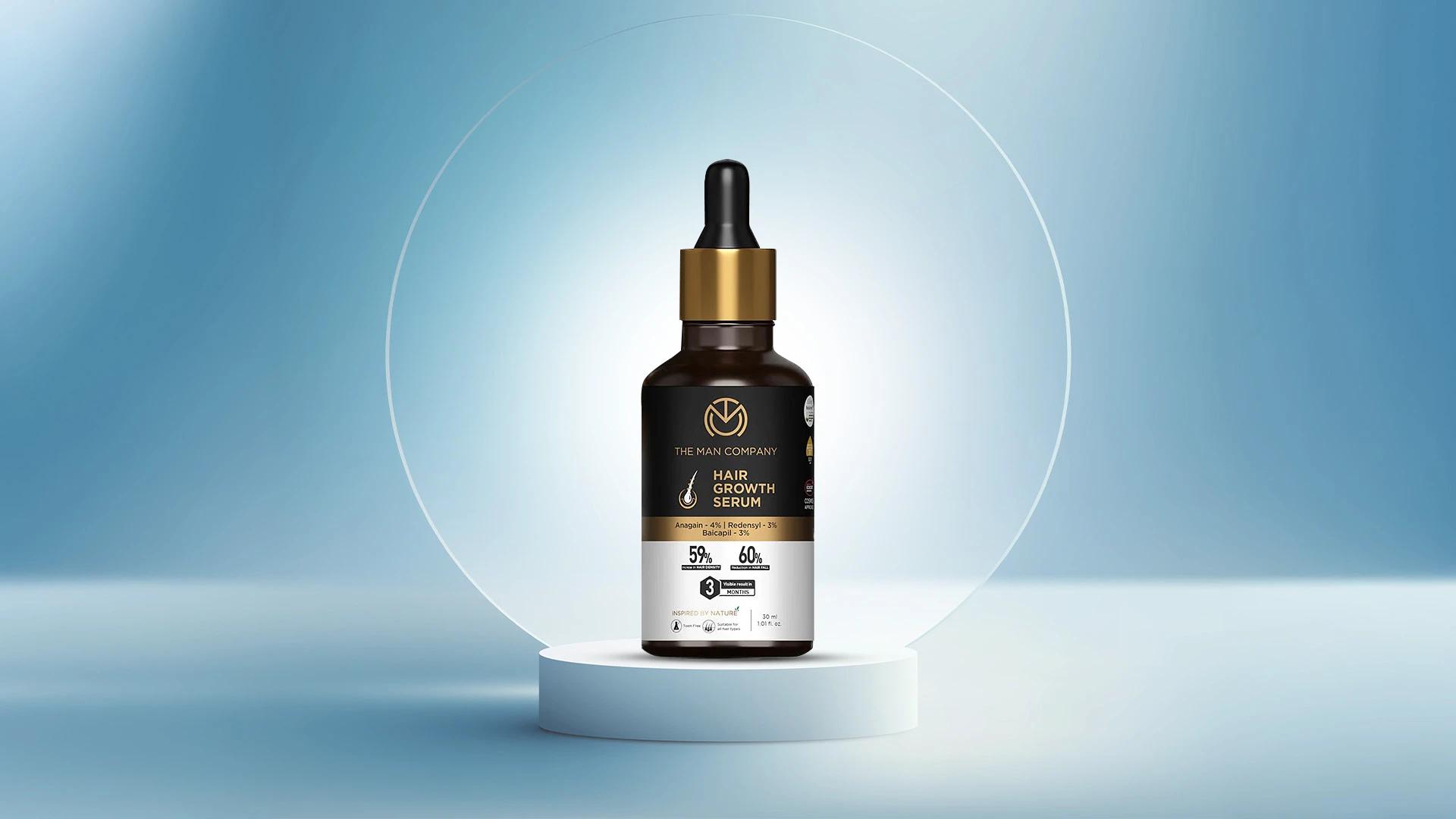Hair fall can feel like your worst enemy, especially when you've tried everything from fancy shampoos to elaborate scalp massages with no luck. Let's be real—sometimes the problem runs deeper than what topical treatments can fix. That's where supplements come in, working from the inside out to give your hair the nutrients it desperately needs. While genetics and hormones play a huge role in hair health, the right vitamins for hair health can make a noticeable difference in your hair's thickness, strength, and overall vitality. Ready to discover which nutrient-rich hair supplements might just become your hair's new best friends?
Understanding Hair Fall: Causes and Solutions
Hair fall happens for loads of reasons—stress, hormonal changes, poor nutrition, and even that tight ponytail you wear every day. Your hair follicles need specific nutrients to produce strong, healthy strands, and when they don't get what they need, your hair starts to thin and shed more than usual. The good news is that hair loss prevention often starts with addressing nutritional gaps that might be sabotaging your hair growth cycle.
Supplements can be game-changers here because they deliver concentrated doses of the exact nutrients your hair craves. Think of them as your hair's personal nutrition squad, working behind the scenes to create the perfect environment for growth. While they're not magic pills that'll give you Rapunzel-length locks overnight, consistent use of the right supplements can help reduce excessive shedding and support stronger, healthier hair growth.
The 7 Best Supplements for Hair Fall
Choosing the best supplement for hair fall can feel overwhelming with so many options out there. These seven powerhouse nutrients have solid science backing their benefits for hair health, making them worth considering for your hair care routine.
1. Biotin: The Hair Growth Powerhouse
**Biotin** is probably the most famous hair supplement out there, and for good reason. This B-vitamin helps your body produce keratin, the protein that makes up your hair structure. Most people need about 30 micrograms daily, though biotin supplements often contain much higher doses. The best part? Biotin deficiency is actually quite rare, but if you're experiencing thinning hair, a supplement might help strengthen your existing strands and support new growth.
2. Vitamin D: The Sunshine Vitamin for Your Hair
Vitamin D deficiency is surprisingly common, especially if you spend most of your time indoors. Research shows that low vitamin D levels can contribute to hair loss, particularly in women. This vitamin helps create new hair follicles and keeps existing ones healthy. If you can't get enough sun exposure, a vitamin D supplement might be exactly what your scalp needs for proper nourishment.
3. Iron: Essential for Hair Strength

